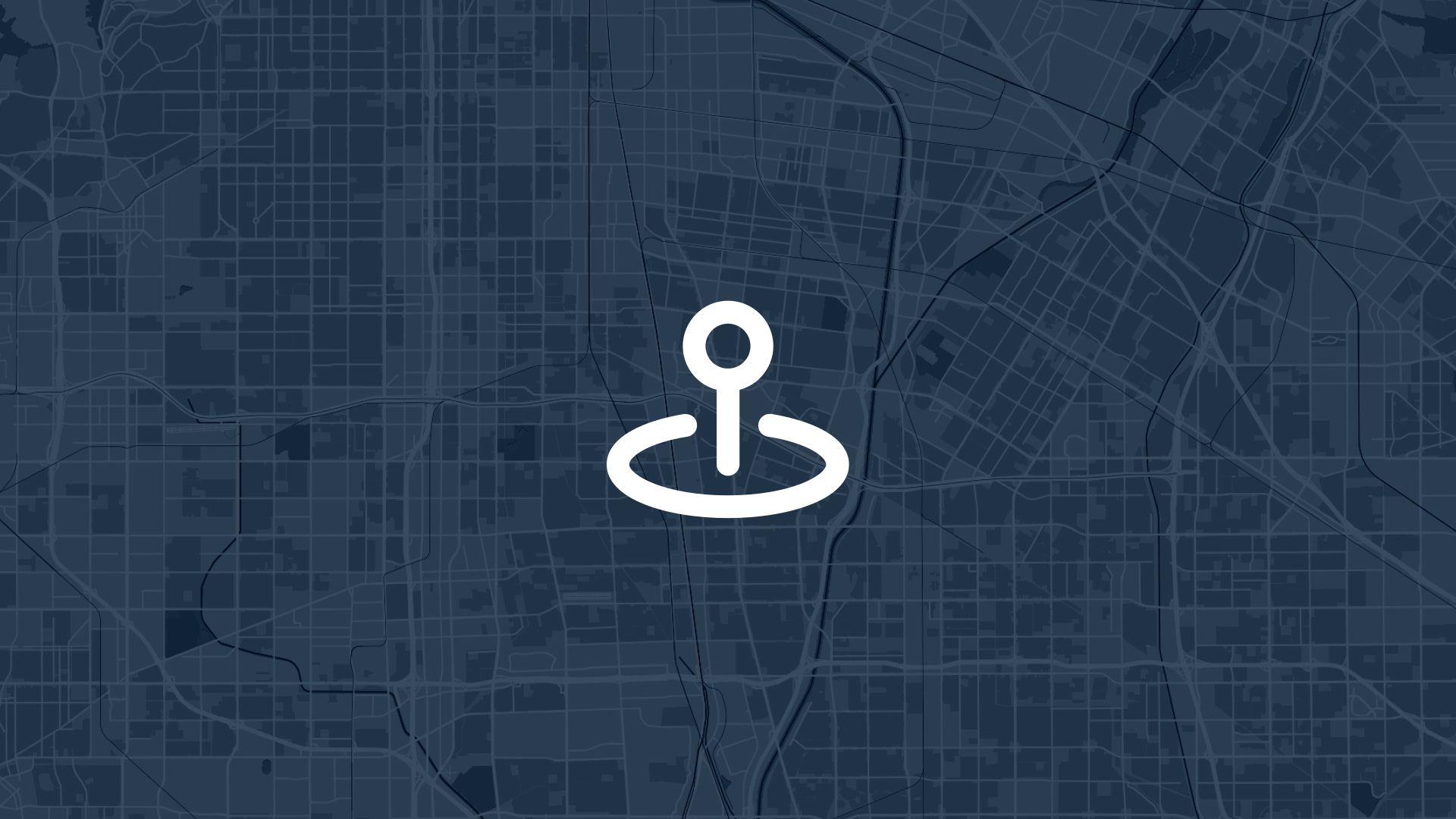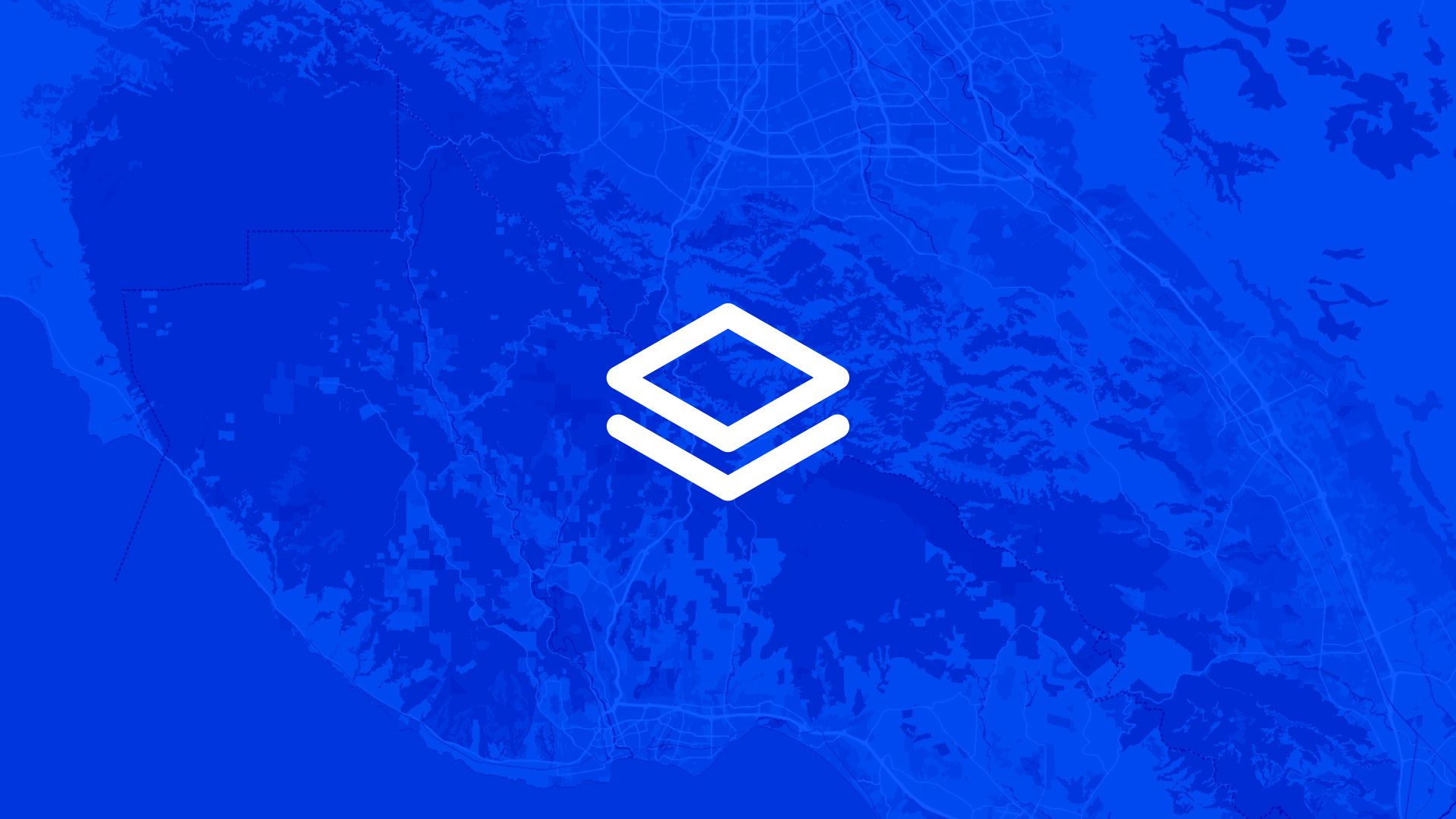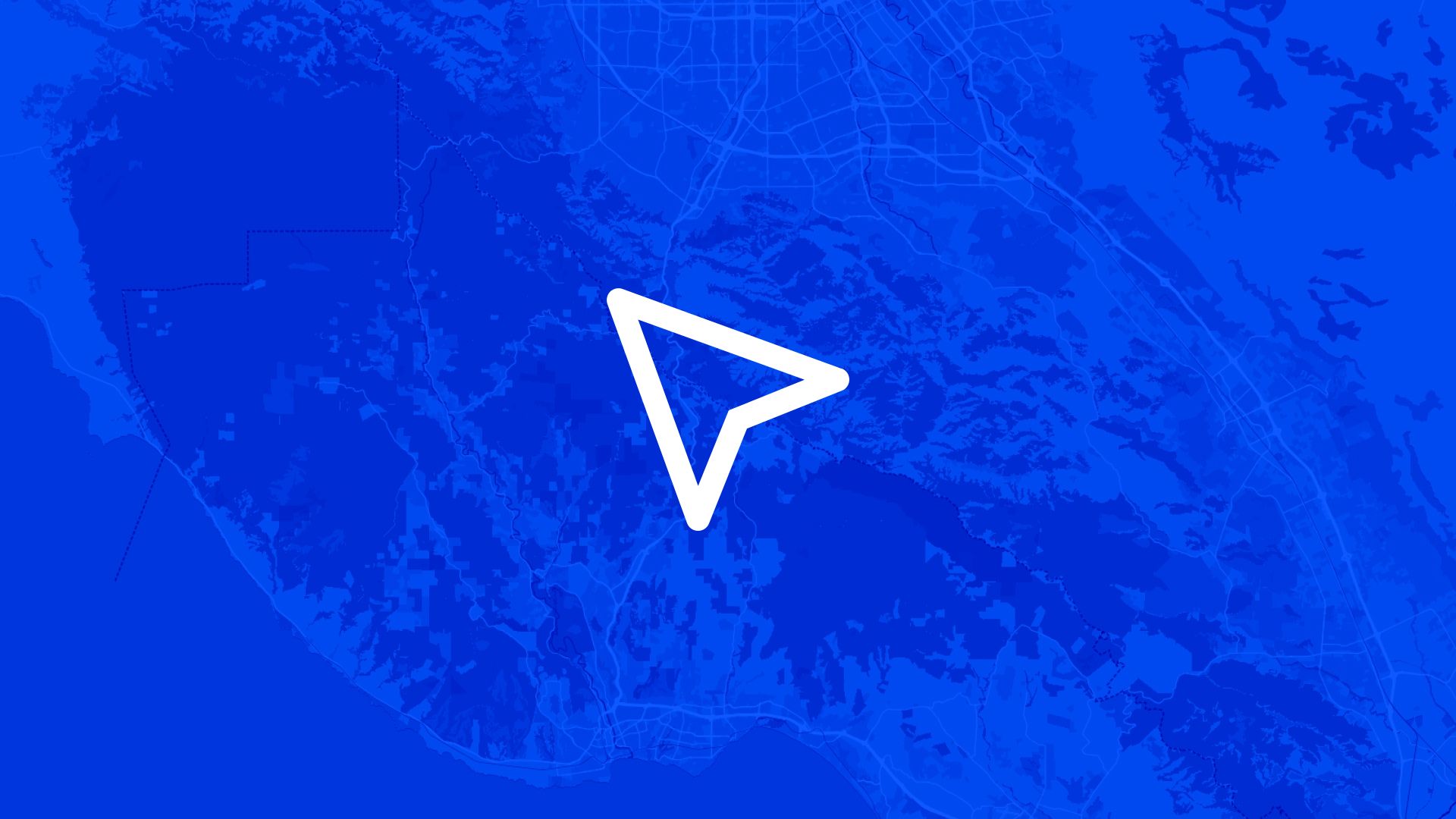The most successful park improvement projects start with clear visualization of proposed upgrades and comprehensive community feedback on what residents actually want and need.
If your park upgrade proposals rely only on technical drawings, written descriptions, or general community meetings that lack specific feature feedback, you're missing the detailed input that creates parks people actually use and love. That's why experienced parks departments ask: can we show our park upgrade plans online and collect location-specific feedback on every proposed improvement?
With Atlas, you can create online park upgrade visualization that combines detailed improvement proposals with community feedback capabilities for each park feature. No confusing technical plans, no disconnected input processes, no uncertainty about which improvements matter most to residents. Everything starts with clear park visualization and meaningful community participation.
Here's how to set it up step by step.
Why Online Park Upgrade Visualization Matters for Community Engagement
Showing park upgrades online with feedback capabilities enables better community understanding and more effective input on specific improvement features.
So online park upgrade visualization isn't just good communication—it's essential community engagement that creates park improvements residents actually want and use.
Step 1: Map Your Park with Current Conditions and Proposed Upgrades
Atlas makes it easy to create comprehensive park upgrade visualization:
- Upload current park boundaries showing the complete park area and existing facilities
- Add existing features including playgrounds, trails, sports facilities, pavilions, and natural areas
- Import proposed upgrades with specific locations for new amenities, facility improvements, and landscape enhancements
- Include access points and parking showing how people currently reach the park and any proposed improvements
Once configured, your park map provides the geographic foundation for detailed community feedback on specific upgrade proposals.
Step 2: Visualize Specific Park Improvement Features
Next, create detailed visualization of each proposed park upgrade:
You can show different improvement categories:
- Playground upgrades including new equipment, safety surfacing, shade structures, and accessibility improvements
- Trail and pathway improvements showing new connections, surface upgrades, lighting, and wayfinding features
- Sports facility enhancements including court resurfacing, field improvements, equipment updates, and spectator amenities
- Pavilion and shelter additions highlighting new gathering spaces, picnic facilities, and event capabilities
- Landscape and natural area improvements including tree planting, garden spaces, habitat restoration, and stormwater management
- Accessibility enhancements showing barrier removal, accessible routes, and inclusive design features
Each upgrade gets clear visual representation that helps residents understand exactly what's being proposed for their park.
Step 3: Enable Feature-Specific Community Feedback
To collect meaningful input on each park improvement:
- Create feedback zones for every proposed upgrade area where residents can comment on specific features
- Set up improvement categories for support, concerns, suggestions, and priorities related to different park amenities
- Add alternative proposal areas where community members can suggest different improvements or modifications
- Include accessibility feedback so residents can identify barriers and suggest inclusive design improvements
- Configure priority ranking allowing community members to indicate which upgrades matter most to them
Community engagement becomes focused on specific park features rather than general opinions.
Step 4: Design Accessible Online Participation
To make park upgrade feedback inclusive and straightforward for all community members:
- Create simple map access through shareable links that work on phones, tablets, and computers without special software
- Design clear upgrade explanations with visual guides and plain language descriptions of proposed improvements
- Set up anonymous feedback options so residents can provide honest input without privacy concerns
- Configure multilingual support accommodating diverse community languages and communication preferences
- Add accessibility features ensuring people with disabilities can participate fully in park planning feedback
Online participation becomes accessible to all park users regardless of technical experience or meeting availability.
Step 5: Organize and Respond to Community Input on Park Features
To manage park upgrade feedback effectively while building community support:
- Create input organization systems grouping feedback by park area, improvement type, and community priority level
- Set up response procedures showing how parks departments will address community suggestions and concerns
- Design regular update schedules keeping residents informed about how their feedback influences final upgrade plans
- Configure notification systems alerting interested community members about design changes and project milestones
- Establish transparent communication showing how community input shapes park improvement decisions and funding priorities
Step 6: Integrate Feedback with Park Planning and Implementation
Now that community input is built into park upgrade visualization:
- Generate improvement priority reports summarizing which upgrades have strongest community support and highest need
- Create design modification documentation showing how community feedback influences final park improvement plans
- Set up stakeholder communication keeping all interested parties informed about project progress and budget decisions
- Design approval process integration incorporating community feedback into parks commission, city council, or board review
- Export engagement data for integration with project management systems, grant applications, or funding proposals
Your online park upgrade engagement becomes part of comprehensive, community-responsive park planning and improvement.
Use Cases
Showing park upgrades and collecting feedback online is useful for:
- Parks and recreation departments engaging residents in playground improvements, facility upgrades, and amenity planning
- Municipal agencies collecting community input on park master planning, capital improvement projects, and budget prioritization
- Neighborhood organizations facilitating resident participation in local park advocacy and improvement planning
- School districts involving communities in school playground upgrades, athletic facility improvements, and campus enhancements
- Non-profit organizations supporting community-driven park improvements, accessibility upgrades, and environmental enhancements
It's essential for any park improvement project where community input creates better outcomes and stronger support for upgrades.
Tips
- Show before and after comparisons so residents can clearly understand the difference proposed upgrades will make
- Include cost information helping community members understand budget constraints and funding requirements for different improvements
- Create phased improvement plans showing which upgrades can happen first and which depend on additional funding or support
- Combine online feedback with site visits including opportunities for residents to see proposed improvement locations in person
- Share success stories from other parks where similar upgrades have been successful and well-received by communities
Showing park upgrades and collecting feedback online in Atlas enables comprehensive community participation in park improvement planning.
No separate feedback platforms needed. Just visualize proposed improvements, enable community input, and create the transparent planning process that connects resident priorities with better park outcomes.
Planning and Public Feedback with Atlas
When you're planning projects that affect communities, the challenge isn't just creating good technical solutions—it's making sure those solutions work for the people who will live with them.
Atlas gives you the tools to make planning truly participatory: one map for proposals, community input, and transparent decision-making.
Share Plans and Collect Location-Specific Input
You can:
- Upload planning proposals with clear visual context and project details
- Enable public comments tied to specific geographic locations and planning elements
- Moderate and organize community feedback for meaningful analysis and response
Also read: Create a Public Feedback Map for a Project
Build Transparent, Responsive Planning Processes
Atlas lets you:
- Show how public input influences planning decisions and proposal modifications
- Create comprehensive engagement records for planning commission review and public accountability
- Export community feedback for integration with planning workflows and decision documentation
That means no more disconnected public input, and no more questions about whether community voices actually matter in planning decisions.
Plan Better with Community Knowledge
Whether you're updating comprehensive plans, reviewing development proposals, or planning infrastructure improvements, Atlas helps you tap into local knowledge that makes plans work better for everyone.
It's community-centered planning—designed for genuine public participation.
Boost Your Planning Process with the Right Tools
Planning moves fast, but communities need time to understand and respond to proposals. Whether you're collecting input, analyzing feedback, coordinating stakeholders, or making decisions—clarity and participation matter.
Atlas gives you both.
In this article, we covered how to show park upgrades and collect feedback online, but that's just one of many things you can do with Atlas.
From project visualization to community engagement, stakeholder coordination, and transparent development, Atlas makes complex project planning accessible and participatory. All from your browser. No project management expertise needed.
So whether you're launching development projects, infrastructure improvements, or community initiatives, Atlas helps you move from "announcing projects" to "engaging communities" faster.
Sign up for free or book a walkthrough today.




